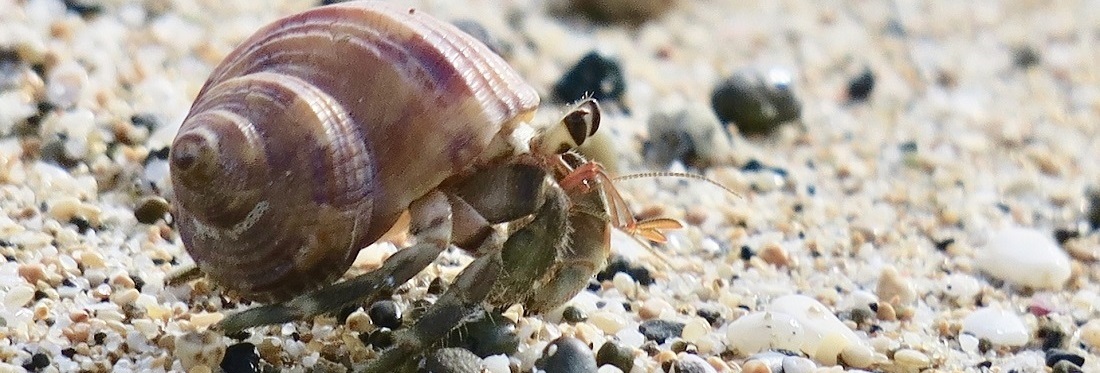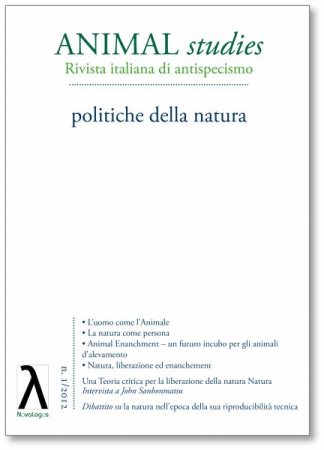Next week, on November the 10th and the 11th, there will be a philosophy conference at the FLUP, the Faculty of Arts of the University of Porto (Portugal). You can check the complete program of the conference here. The conference is organized by the Mind Language and Action Group.
I will be speaking at this conference. You can find below an abstract of the talk I will be giving. It’s a long abstract, which presents the main arguments why I think we should get rid of the concept of moral personhood, in particular given the way it’s currently understood.
The idea of moral personhood under fire
The concept of moral personhood plays a central role in a number of ethical theories. It is used to distinguish those entities that have certain capacities that are morally relevant. In these theories, moral persons always have moral status. According to some views, only persons are morally considerable. According to others, they deserve some special consideration other entities are not worthy of.
The capacities that render an entity a moral person are usually believed to be the same ones that make it a person in a metaphysical sense. But these are not the only two meanings of the word ‘person’. The term is also used in the legal realm to refer to those entities that have the capacity to sue. As we all know, it is also used in common language to refer to those beings that belong to the human species.
It is commonly assumed that persons in the metaphysical, legal, moral and common sense meanings coincide, that is, that they are the same entities. The picture that results from this is one in which humans (and only humans) are entities of a certain kind, the kind of beings that are morally considerable or deserve special moral consideration.
This entire picture is untenable.
First, the domain that the term ‘person’ has in common language and in the moral, legal and the metaphysical realms differ significantly. There are legal persons who are not metaphysical ones or moral ones, there are legal, metaphysical and moral persons who are not human beings, and there are humans who are not moral or metaphysical persons.
Second, the division between animals and persons, which is often made in theories of personal identity, is confusing, since it may lead us to think nonhuman animals are not persons. According to this view, animals are somatic entities while persons are psychological ones. But we have every reason to believe that nonhuman animals who have mental states are metaphysical persons.
Third, the capacities that are relevant when deciding who deserves moral consideration are possessed not only by human beings, but also by other conscious animals.
Fourth, the whole idea of moral status should be rejected. If the concept of moral status were simply a synonym of “moral consideration”, it would be a superfluous one. However, it is commonly used in a different way, to claim that those individuals who have certain capacities that grant personhood are to be morally considered in a privileged way. Against this view, what we should take into account is simply the weight of the morally relevant interests different individuals have. This renders the idea of moral personhood either superfluous or unjustified.



